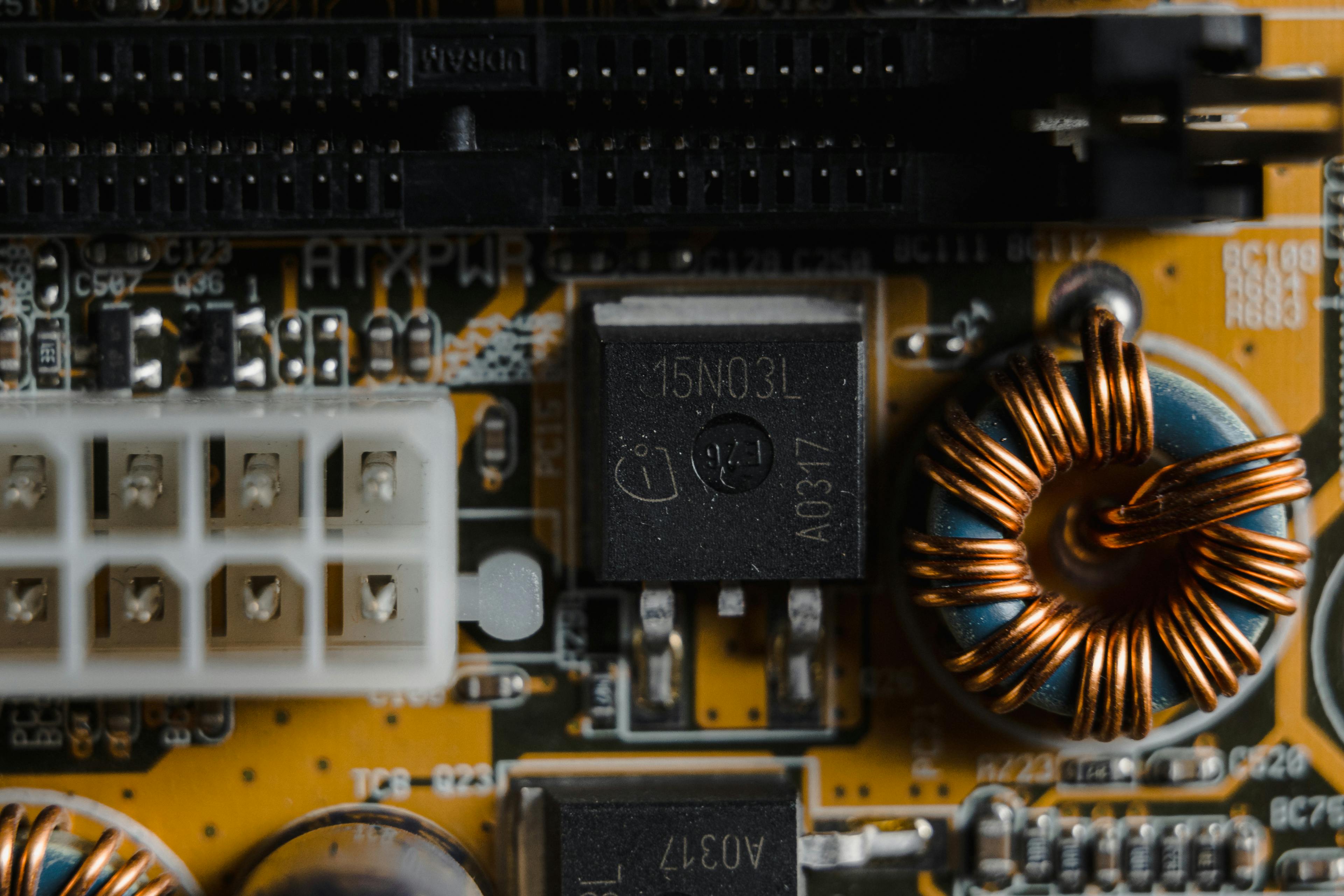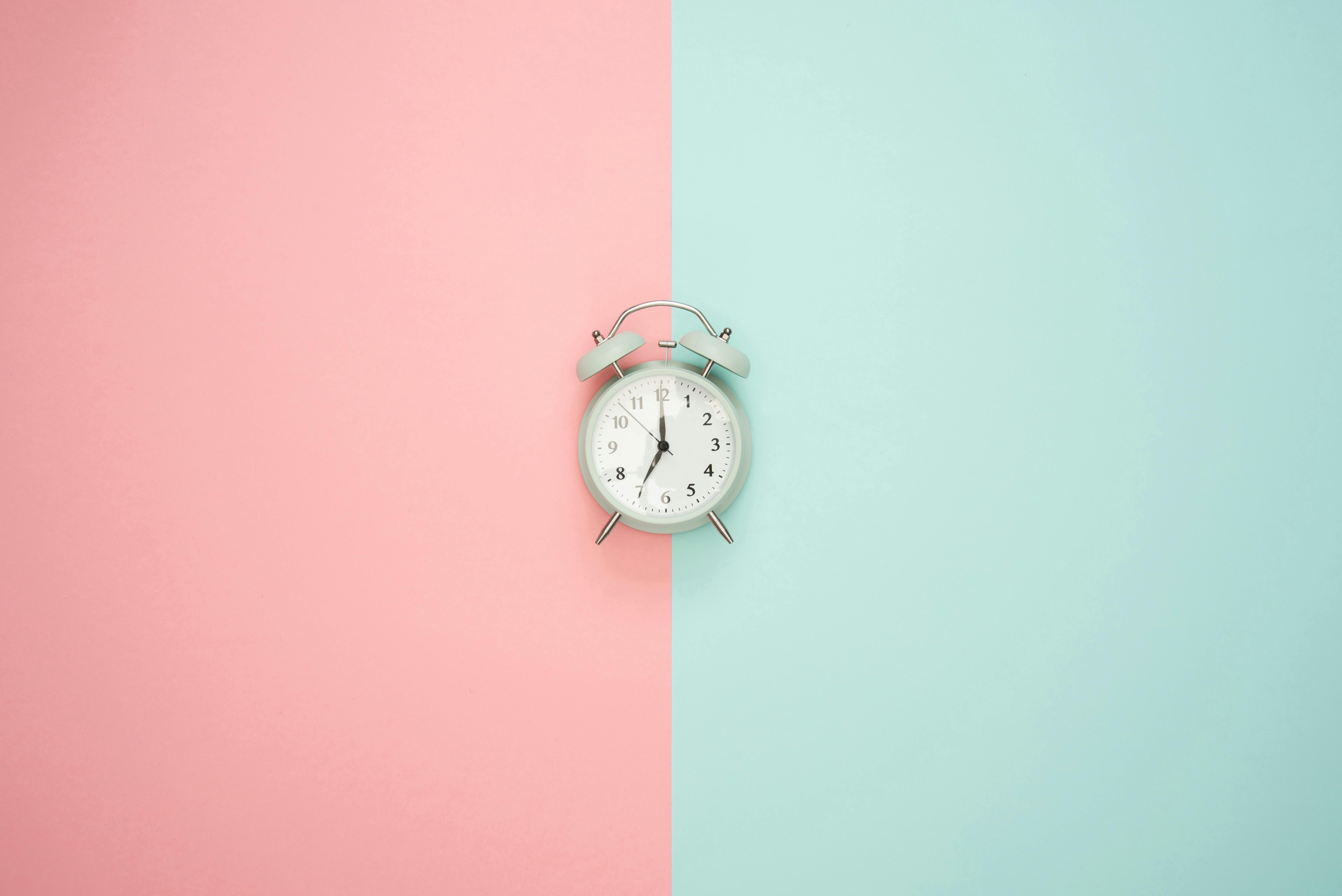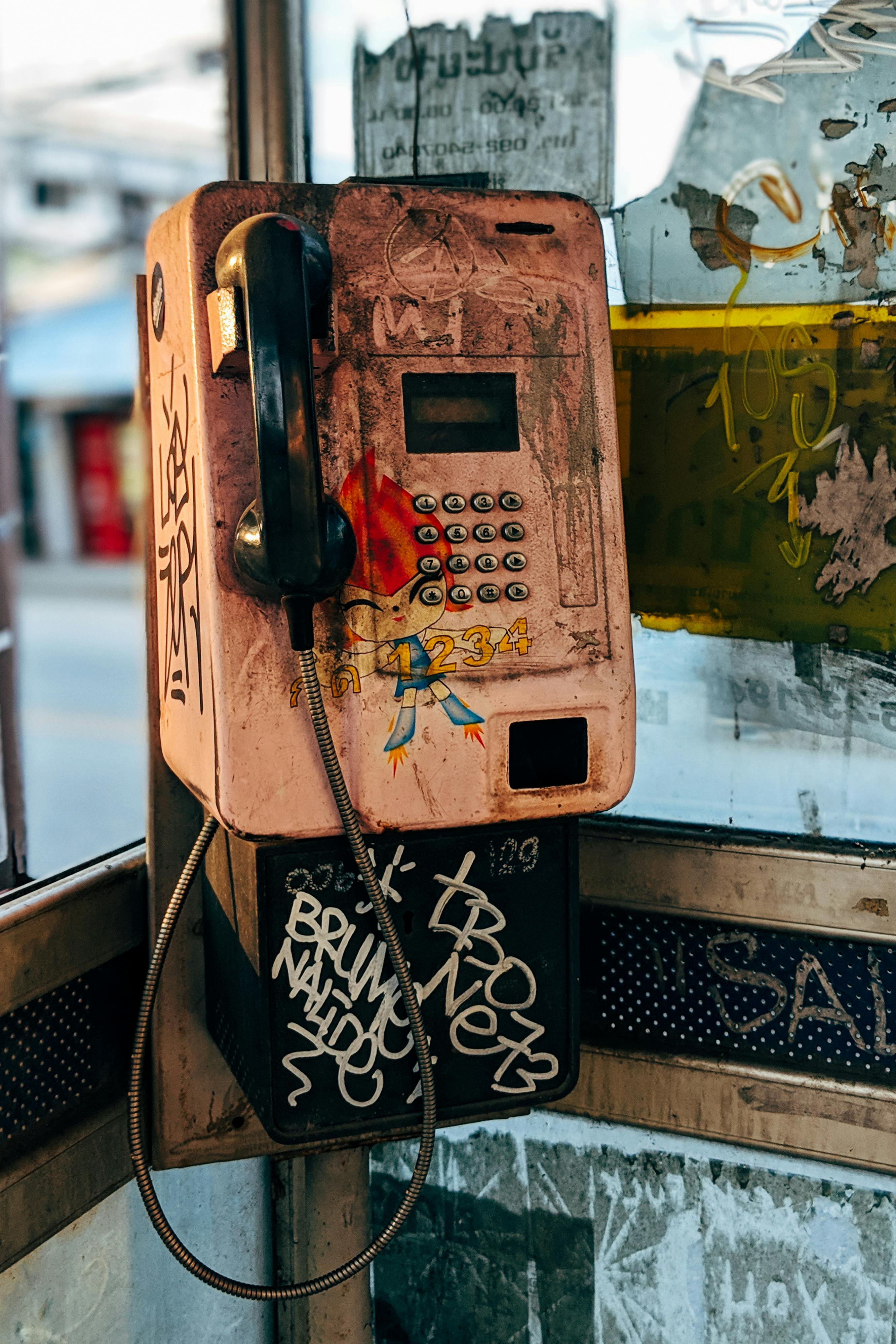How to Know When Eggs Are Done Boiling: 5 Smart Tips to Succeed in 2025!

Understanding How to Know When Eggs Are Done Boiling
Boiling eggs might seem like a simple task, but getting them just right requires understanding the nuances involved in the process. Knowing how to identify when eggs are done boiling can make the difference between a perfect soft-boiled delicacy and an overcooked, crumbly hard-boiled egg. In this article, we will explore effective methods to check egg doneness; including tips for both soft and hard-boiled eggs. You’ll also learn the optimal boiling times and how to use visual and tactile indicators to achieve perfect boiled eggs every time.
Boiling eggs correctly is not merely about timing but involves keen observation and understanding of egg textures at various stages of cooking. Join us as we dive into the best practices for boiling eggs, discover common mistakes to avoid, and master the skill of checking for doneness. Get ready to become an egg boiling pro!
Key Takeaway: By employing certain boiling techniques and timing methods, you can ensure that every batch of boiled eggs meets your texture and taste preferences.
Effective Techniques for Boiling Eggs Perfectly
Building on the foundational knowledge of the boiling process, let's explore the specific methods you can employ to achieve desired egg textural outcomes. Different techniques are suited for varying preferences, such as soft or hard-boiled eggs. Understanding these methods will enable you to control the boiling process effectively.
Making Use of Cold Water for Boiling Eggs
One effective way to ensure that your eggs boil without cracks is to start them in cold water. Gently place your eggs in a pot and fill it with enough water to cover them by about an inch. This method minimizes the shock of temperature change and helps prevent cracking. Bring the water to a gentle boil over medium heat, and when it reaches a rolling boil, you can begin your timing for either soft or hard-boiled eggs.
Ideal Boiling Time for Eggs
The timing for boiling eggs is critical. Generally, for a soft-boiled egg, aim for about 6-7 minutes, while hard-boiled eggs take around 9-12 minutes. It's good practice to start timing once the water has reached a boil. For those cooking eggs at high altitude, you may need to adjust boiling times slightly longer due to lower temperatures.
Utilizing a Timer for Precision
To precisely manage your boiling time, using a reliable kitchen timer ensures you achieve consistency. Set the timer according to whether you prefer a soft or hard-boiled egg. This approach removes guesswork and helps avoid the common problem of overcooked eggs, which can lead to greenish yolks.

Indicators for Perfectly Boiled Eggs
Once you've set your timer, you'll want to know the signs that indicate your eggs are cooked to perfection. Observing the egg’s characteristics during and after boiling provides insights into whether or not they are done. Here are a few sure-fire indicators to keep an eye out for.
Visual Checks: Color and Texture
For soft-boiled eggs, look for a slight jiggle when you gently shake the pot. The vinegar aroma may also signal doneness for hard-boiled eggs, which become more pronounced as the eggs cook. On the other hand, if a boiled egg looks too dull or grayish around the yolk, it may be overcooked. This is an essential sign to check to ensure perfect boiled eggs.
The Shake Test
After the eggs have boiled, allow them to sit in the hot water for a few minutes. Then, gently shake the egg. A well-cooked egg will feel firm with a slight resistance, contrasting with undercooked eggs, which will feel more wobbly and fragile.
Cooling and Peeling: A Final Check
Once boiled, immerse the eggs in cold water to help them cool, which also makes peeling easier. If the shell comes off smoothly without leaving bits of egg white stuck to it, that indicates a properly cooked hard-boiled egg. If you face challenges with peeling, it's likely that the eggs were too fresh or left boiling for too long.
Adjusting Boiling Time for Preferences
Your preferences in egg texture should guide your boiling approach. Adjusting the boiling time based on your desired doneness is key to successful outcomes.
Customizing Your Boiling Times
If you prefer a creamier yolk, reduce your boiling time to around 5-6 minutes for soft-boiled eggs. Conversely, if you favor a firmer yolk and more solid whites, increase your boiling time to 12 minutes. Finding that sweet spot for each preference can lead to egg perfection.
Understanding Egg Cooking Times for Different Styles
To simplify the process, consult an egg boiling chart that delineates cooking times based on the type of egg preparation. For example, soft-boiled eggs cooked in their shells may vary depending on the size of the egg or the starting temperature. A reference chart can help streamline this process immensely.
Common Mistakes in Boiling Eggs
To prevent pitfalls while boiling eggs, avoid boiling at a rolling boil for too long, as this can lead to overcooked eggs. Another common mistake is using extremely fresh eggs, which can be challenging to peel. Always choose eggs that have been in the fridge for a few days for optimal peeling.

Q&A: Common Questions About Boiling Eggs
What is the best way to boil eggs to avoid cracks?
Start with eggs in cold water and increase the temperature slowly. Using older eggs can also help prevent cracking during boiling.
How can I achieve the perfect soft-boiled egg?
Boil for about 6-7 minutes, then immediately place in cold water to halt cooking. This technique is crucial for achieving that ideal, runny yolk.
What should I do if my boiled eggs are hard to peel?
If you encounter trouble peeling, it may be due to the freshness of the eggs. Rolling older eggs typically peels more easily. A method involving cooling them right after boiling can also make peeling easier.
Is there a safe temperature for boiling eggs?
Boiling water reaches 100°C (212°F), which is the ideal temperature for cooking eggs. However, ensure you monitor them closely to achieve desired doneness without overcooking.
Can I boil eggs in the microwave?
Yes, you can boil eggs in the microwave using a microwave-safe container filled with water, but it’s essential to monitor closely to avoid overcooking or exploding eggs.